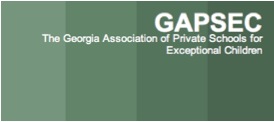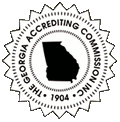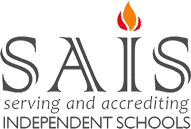Resources for all ages include Orff materials and music therapy applications accumulated through Orff training and other continuing education courses. Activate! Music Movement and More—The music Magazine for Grades K-6 is used with all classes and includes a “Calendar Connection” for families to further explore music at home. Upper School classes begin the school year with Group Piano Course; Alfred’s Basic Piano Library and continue to supplement with Music Theory and History Workbook (Standard of Excellence Book 1).
Music and Drama allow expression of emotions while engaging the entire sensory-motor system. Students who participate in drama or music score an average of 40-60 points higher on SAT verbal and 15-40 points higher on SAT math. Vulnerable students demonstrate the greatest benefit.
Web sites for further information include:
The American Orff Schulwerk Association: www.aosa.org
The American Music Therapy Association: www.musictherapy.org
What Sets Us Apart
- Developmentally Grouped Homerooms
- Differentiated and Individualized Academic Instruction
- Utilization of a Variety of Well-Supported Academic Programs and Multi-Sensory Instruction
- Small Groups for Core Academics
- Group Speech-Language, Occupational, and Music Therapy for all






